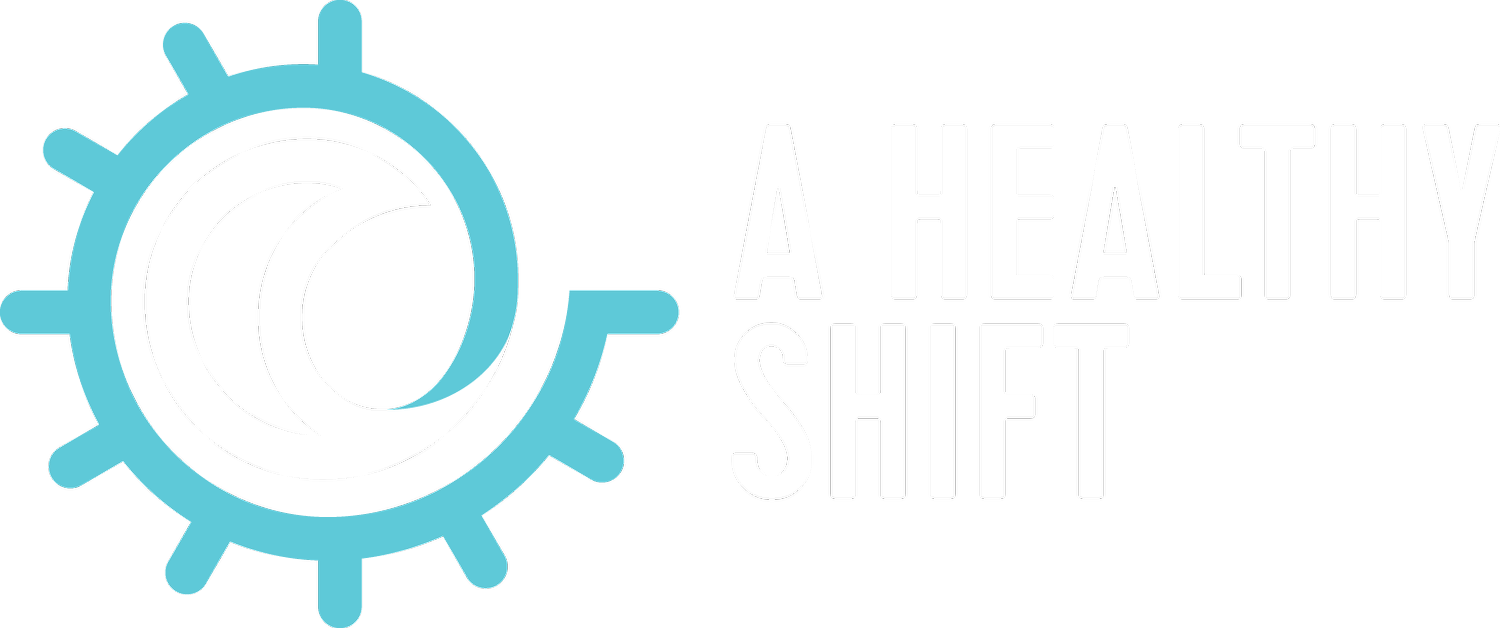The impact poor sleep has on hunger
As shift workers, we are impacted in so many ways, from psychologically to physically and everything in between.
Without a doubt, the biggest impacts are created by poor sleep. This occurs due to operating outside of a normal light/dark circadian rhythm.
Poor sleep leads to a whole range of health problems and one in particular, our hunger signals.
The impact of poor sleep on hunger is a topic that has been widely researched in recent years. Studies have shown that lack of sleep can lead to an increase in hunger, cravings for high-calorie foods, and weight gain. This is because sleep deprivation can disrupt the balance of hormones in the body that control hunger, such as ghrelin and leptin.
Today I will explore the relationship between sleep and hunger, the effects of poor sleep on appetite regulation, and strategies for improving sleep quality to reduce hunger and cravings.
When we sleep, our body is working to repair and rejuvenate itself. Adequate sleep is essential for maintaining physical and mental health, and it plays a crucial role in regulating hunger and appetite.
Ghrelin is a hormone that stimulates appetite and increases food intake, while leptin is a hormone that suppresses appetite and promotes feelings of fullness. These hormones are regulated by the body's natural circadian rhythm, which is influenced by light exposure, temperature, and other environmental cues known as zeitgebers.
When a person is sleep-deprived, the levels of ghrelin increase, and the levels of leptin decrease, leading to an increase in hunger and cravings for highly palatable high-calorie foods. As shift workers working odd hours, it can also be difficult to get easily accessible nutritious “fast food”. This can make it a lot harder to control your appetite and make nutritious food choices. Additionally, lack of sleep can also lead to an increase in the hunger hormone ghrelin and a decrease in the hormone that signals fullness, leptin, which makes you more likely to eat more than you need.
Shift work is another aspect that can disrupt the body's natural circadian rhythm and lead to poor sleep. Night shift workers often struggle with insomnia and other sleep disorders due to the disruption of their circadian rhythm, which can result in higher levels of ghrelin and lower levels of leptin. This makes them more susceptible to the negative effects of poor sleep on hunger.
To mitigate the negative impact of poor sleep on hunger, it is important for individuals to maintain a regular sleep schedule (as much as is possible), establish a bedtime routine, and create a comfortable sleep environment. This should include avoiding stimulating activities before bed, such as watching television or using electronic devices and keeping the bedroom cool, dark, and quiet. Additionally, it may be beneficial to eat a well-balanced diet and engage in regular physical activity, as these can help regulate hormone levels and improve overall sleep quality.
Another strategy for improving sleep quality is to limit caffeine and alcohol consumption, especially in the evening. Caffeine is a stimulant that can interfere with sleep and alcohol will disrupt normal sleep patterns. Eating a balanced meal, especially at dinner time, and avoiding large meals 3 hours before bedtime can also help improve sleep quality.
In conclusion, poor sleep and hunger are closely related, and a lack of sleep can have a significant impact on appetite regulation and snacking. By maintaining a regular sleep schedule, establishing a bedtime routine, creating a comfortable sleep environment, engaging in regular physical activity, and eating a well-balanced diet, it is possible to reduce the negative impact of poor sleep on hunger.
It is essential to focus on improving sleep quality to improve overall health, reduce hunger and cravings, and prevent weight gain.


